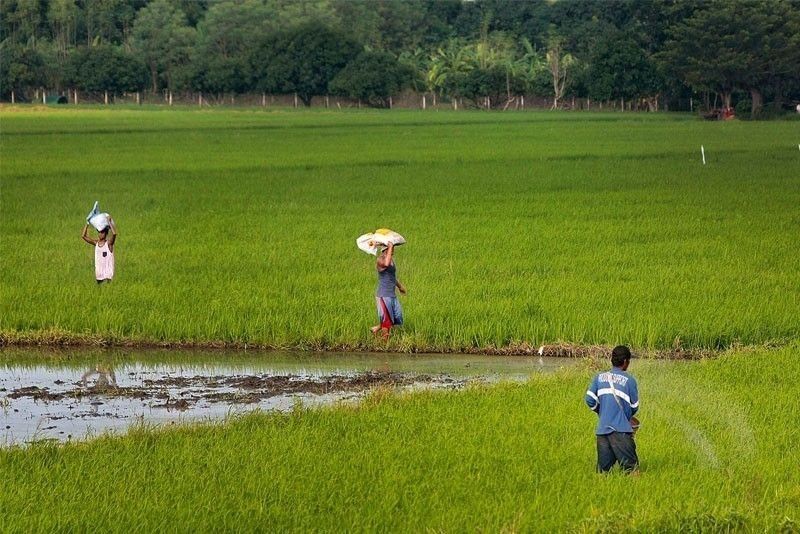Philippine pushes greater access for agri products in US

WASHINGTON – The Philippines continues to push for greater market access for its agriculture exports to the United States, which remains the country’s biggest market for food and agricultural products.
Agricultural attaché to the US Josyline Javelosa said the government continues to engage its counterparts through government-to-government outreach on policies that have bearing on trade and business activities between Manila and Washington.
During a luncheon discussion with the economic team of the Philippine embassy in Washington, Javelosa said the Philippines is pushing for better market access for Philippine agricultural products.
She said the Philippines has several pending requests with the US Department of Agriculture (USDA) after successfully getting the green light to export bananas, mangoes and fresh young coconut.
“We continue to engage the USDA on market access regulations for agricultural product exports from the Philippines,” she said.
According to Javelosa, the Department of Agriculture in Manila has a pending request for okra exports to the US.
“This will go through a long process like for bananas and mangoes which took several years… but we should be ready, so when it is opened up then we have the supply to export to the US,” she said
According to Javelosa, the Philippines could take advantage after Thailand lost its eligibility under a US trade preference program through the general system of preference (GSP) for several products including okra.
Likewise, the agriculture attaché said the DA has also asked the USDA to waive the pre-inspection requirement for mangoes.
“We are trying to do away with the pre-waiver inspection for mangoes because it entails more costs making our mango less competitive especially compared from the mango coming from the nearby Mexico,” she said.
Javelosa said the Philippines has also asked the US to expand the point of entry for Philippine pineapple that is currently limited to Guam, Northern Marianas Island, and the North Atlantic region.
“Hopefully we could improve the exports of Philippine products to the US,” Javelosa said.
Latest data from the US Trade Representative office showed the US remains the top single country market for Philippine food and agricultural products, reaching $1.1 billion last year.
Major food and agricultural exports to the US include tropical oils with $535 million, processed fruits and vegetables with $168 million, tree nuts with $113 million, fruits and vegetable juices with $75 million as well as raw beet and cane sugar with $61 million.
On the other hand, the Philippines remains the 11th largest agricultural export market of the US, reaching $3 billion in 2018. Washington remains the major source of soybean meal worth $888 million, wheat with $628 million, dairy products with $248 million, pork with $116 million as well as poultry meat with $110 million.
Javelosa said the Philippines has also asked the US Food and Drug Administration (FDA) to facilitate information sessions for Philippine exporters when it comes to seafood or food establishment inspections or feedbacks on refusals so that corrective actions could be undertaken.
Last September, USDA undersecretary for trade and foreign agricultural affairs Ted McKinney visited Manila and held discussions with Agriculture Secretary William Dar.
In terms of investments, Javelosa said modern renewable firm Green Bison Co. is looking at the production of biomass fuel pellets from banana leaves, sugar cane bagasse and other fibers in the Philippines.
The company, she added, is also looking at establishing a facility for advanced bio-composites structural panels out of shell, coconut fiber and potentially industrial hemp.
Javelosa said another American company has also expressed interest in putting up over 20 refineries to produce coco biodiesel as well as other interests in the coconut industry value chain.
- Latest
- Trending
































